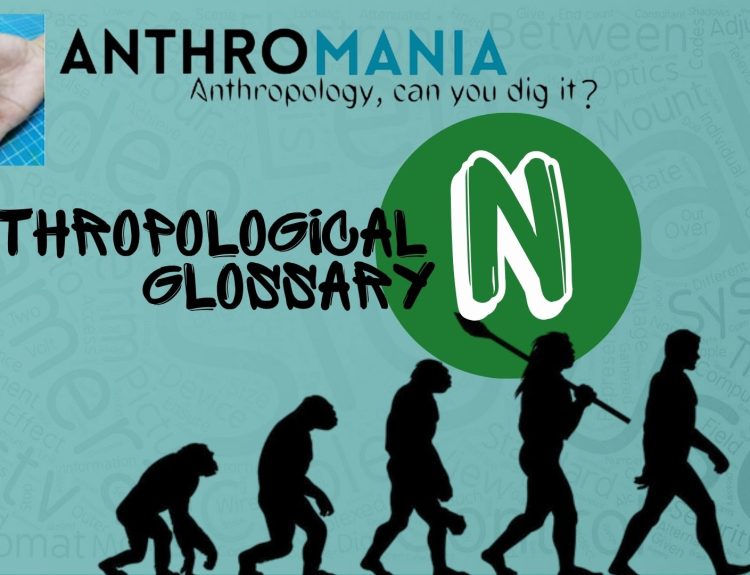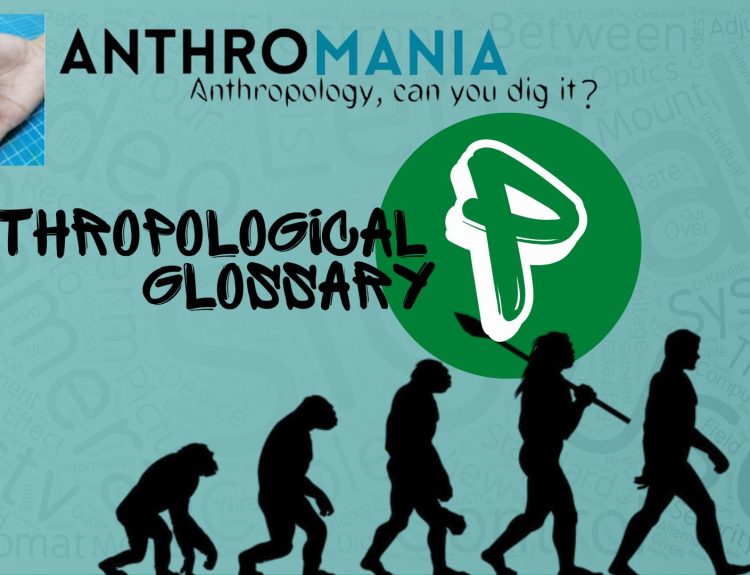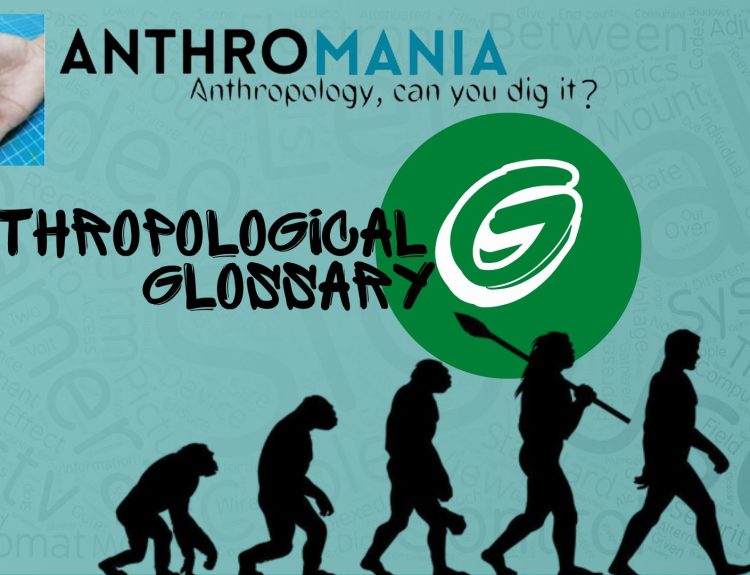Explore an anthropological glossary covering a wide range of topics starting with the letter “Y,” from the Yakut people to Yali’s Question and beyond.
Yakut: The Yakut people, also known as the Sakha, are a Turkic ethnic group native to the Sakha Republic in the Russian Federation. They have a rich cultural heritage, including traditional practices like horse breeding, the use of reindeer for transportation, and their own language, Sakha (Yakut).
Yali: Yali is a major tribal group in Highland Papua, Indonesia.
Yali’s Question: “Yali’s Question” is a concept popularized by author and anthropologist Jared Diamond in his book “Guns, Germs, and Steel.” It refers to the question Yali, a New Guinean, asked Diamond: “Why do white people have so much cargo, but we New Guineans have so little?” This question serves as a starting point for discussions on societal inequality, technology diffusion, and environmental determinism.
Yamamah: In some Arabian cultures, the Yamamah was an ancient oasis region situated in what is now Saudi Arabia. It was known for its historical importance as a centre of trade and culture, and it is sometimes studied in anthropology to understand the interactions and exchanges in the pre-Islamic Arabian Peninsula.
Yam Festival: The Yam Festival is a cultural celebration observed by various African societies, particularly in West Africa. It typically marks the harvest of yams and involves elaborate rituals, dances, and feasts. Anthropologists study the Yam Festival to explore cultural practices and their significance in the context of agriculture.
Yankee: In some anthropological discussions, “Yankee” is used to refer to a person from the United States, particularly in the context of cultural perceptions and stereotypes. This term highlights how individuals from different regions of the United States may have distinct cultural identities and characteristics.
Yankee Whaling: Yankee whaling refers to the whaling industry in the 19th century, primarily carried out by American (Yankee) whalers. Anthropologists and historians study this industry to understand its economic and cultural impacts on American society and the global maritime community.
Yanomami: The Yanomami are an indigenous people native to the Amazon rainforest, primarily living in the border regions of Brazil and Venezuela. They are known for their semi-nomadic lifestyle, communal living arrangements, and shamanistic religious practices.
Yap Islands: The Yap Islands are a group of islands in the western Pacific Ocean, part of the Federated States of Micronesia. Anthropologists have studied the Yapese culture, including their unique stone money (rai stones), social structures, and traditions.
Yardang: A yardang is a geological feature formed by the wind-driven erosion of soft rock or sedimentary materials, often found in arid or desert regions. Yardangs can take various shapes and are of interest to anthropologists and geologists studying the natural landscape and its impact on human habitation and movement in such areas.
Yayoi Period: The Yayoi Period is a historical and archaeological term used to describe a period in Japanese history (circa 300 BCE to 300 CE). It is marked by the introduction of new technologies, including wet rice cultivation and bronze metallurgy, and the migration of people believed to be ancestral to the modern Japanese population.
Yazidi: The Yazidis are a religious and ethnic minority group primarily located in northern Iraq, with smaller communities in other parts of the Middle East and Europe. They have their own unique religious beliefs and practices, which have been the subject of anthropological study.
Y-chromosome: In genetics and anthropology, the Y-chromosome is one of the two sex chromosomes (the other being the X-chromosome) that determines an individual’s male biological sex. The study of Y-chromosomes is crucial in tracing patrilineal genetic lineages and understanding male-driven genetic variations in populations.
Yom Kippur: Yom Kippur, also known as the Day of Atonement, is a significant Jewish religious observance. While primarily a religious term, anthropologists may study the cultural and social aspects of how different Jewish communities, both in Israel and the diaspora, observe Yom Kippur and its role in their lives.
Yomut: The Yomut are a Turkmen tribe living in the Central Asian region, particularly in Turkmenistan and Iran. They have a distinct culture, including traditional clothing, art, and crafts. Anthropologists have studied the Yomut people to understand their nomadic lifestyle and cultural practices.
Yoruba: The Yoruba are an ethnic group and a large cultural community primarily found in Nigeria, Benin, and Togo. They have a rich cultural heritage, including distinctive art, religion, and language.
Yucatec Maya: The Yucatec Maya are an indigenous Maya people of the Yucatán Peninsula in Mexico. They have a unique cultural and linguistic identity within the broader Maya civilization. Their traditional practices and beliefs often blend with Catholicism, leading to syncretic religious practices.
Yuchi: The Yuchi people are a Native American tribe originally from the southeastern United States. Their language and cultural practices are unique and distinct from neighbouring tribes. Yuchi culture has been the subject of anthropological study, particularly in the context of cultural preservation and language revitalization.
Yup’ik: The Yup’ik people are indigenous to the Arctic regions of Alaska, particularly in the southwestern part of the state. They are known for their subsistence-based lifestyle, which includes hunting, fishing, and gathering, and their rich cultural traditions, including storytelling, dance, and mask-making.







